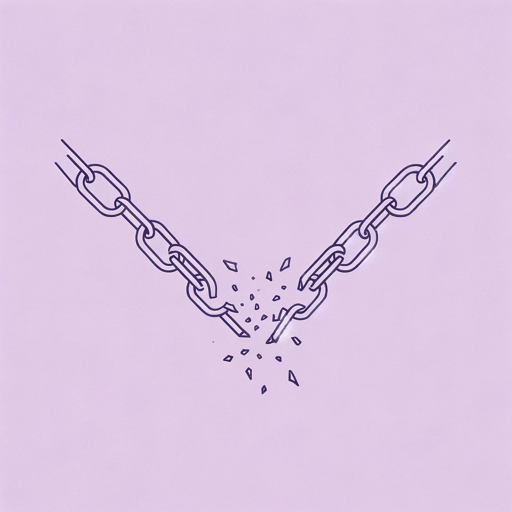17 pages • 34 minutes read
Sylvia PlathDaddy
Fiction | Poem | Adult | Published in 1964A modern alternative to SparkNotes and CliffsNotes, SuperSummary offers high-quality Study Guides with detailed chapter summaries and analysis of major themes, characters, and more.
Further Reading & Resources
Related Poems
“Lady Lazarus“ by Sylvia Plath (1965)
“Lady Lazarus” is published in the same collection as “Daddy,” Ariel, and, like “Daddy,” includes allusions to Nazi Germany and her Jewish ancestry to show oppression and the devil, in this case Lucifer, and God to show contrast in life and death. In this confessional poem, Plath addresses her personal experiences with death, either accidental or by choice. At the end of the poem, the simile “And I eat men like air” (Line 84) suggests her defiance against the men in her life, this time her doctors and her husband.
“Mary’s Song“ by Sylvia Plath (1965)
“Mary’s Song” is part of the Ariel collection and along with “Daddy” and “Lady Lazarus” is part of a trio of “Holocaust” poems alluding to Germany and Jews, as described by Kirsten Fermaglich in American Dreams and Nazi Nightmares: Early Holocaust Consciousness and Liberal America, 1957-1965. Like the structure of “Daddy,” this poem starts with an idea that becomes more and more complex with visual imagery, metaphors, and similes, ultimately tackling contrasts between destruction/death and rebirth/life, God and humankind, and domesticity and the expansive world.
“Sylvia’s Death“ by Anne Sexton (1963)
Related Titles
By Sylvia Plath

Ariel
Sylvia Plath
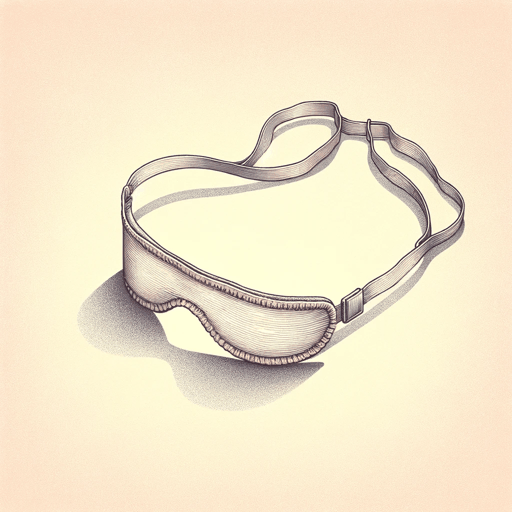
Initiation
Sylvia Plath
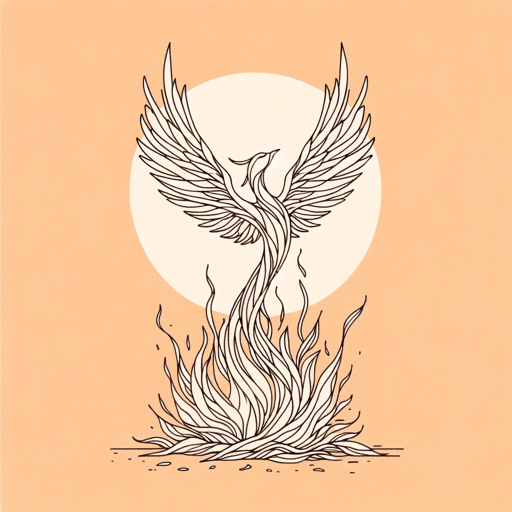
Lady Lazarus
Sylvia Plath

Mirror
Sylvia Plath

Sheep In Fog
Sylvia Plath
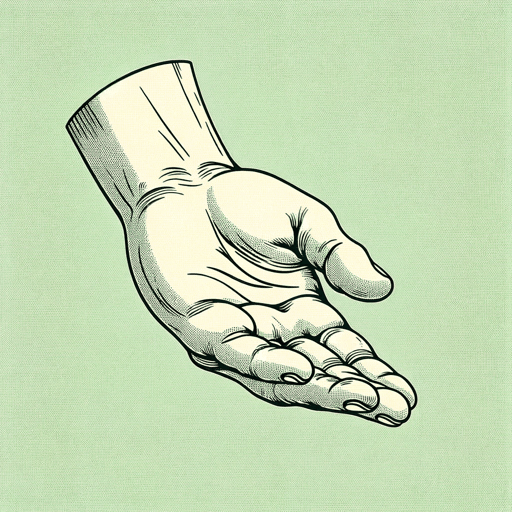
The Applicant
Sylvia Plath

The Bell Jar
Sylvia Plath

The Disquieting Muses
Sylvia Plath

The Munich Mannequins
Sylvia Plath

Two Sisters Of Persephone
Sylvia Plath
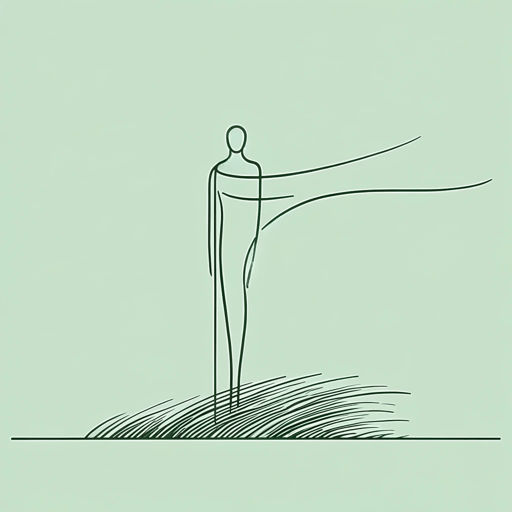
Wuthering Heights
Sylvia Plath
